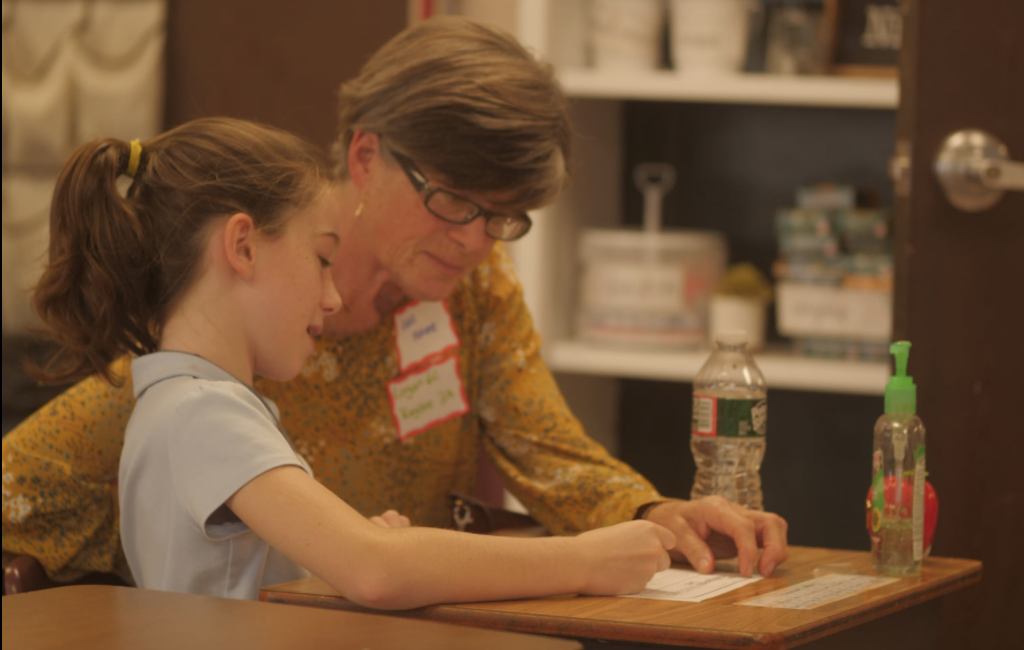Why Should I Take Part in Parent-Teacher Conferences?
Written by Dr. Connie Lawrence, Dean of Academics

Why Take Part in Parent-Teacher Conferences?
Parent-teacher conferences come up each year, for some families with anticipation – and perhaps for others with anxiety. How necessary are these meetings, anyway? PCA’s Dean of Academics dives deeper into the importance of these meetings.
Whenever Parent-Teacher conferences are coming up around the corner each year, PCA is thrilled to share all we have learned about your children and gather even greater insight from the real experts: you!
While Back-to-School nights provide an opportunity for teachers to tell parents about the upcoming school year and its expectations, Parent-Teacher conferences allow you to sit one on one with the teacher; mutually sharing insights into your child, planning, and reflecting on how he or she is reacting to school expectations.
Teachers see your children for many hours each week, but the setting is structured, and the expectations are somewhat determined by curriculum. When conferencing, you can expect that the teacher will share the potential seen in your child and the degree to which that potential is being realized in the classroom. The teacher will be eager to learn from you how your child talks about learning and the classroom environment. It is not uncommon for the information shared between teacher and parent to describe seemingly different children. Comments often heard include,
“I Don’t See That Behavior at Home!”
Some students may put forth their best behavior at school and then show less self-regulation at home. Students who particularly struggle in these areas include those with ADHD and those with sensory integration difficulties. The brain-based explanation is “ego depletion.” It is part of the brain’s reaction to denying oneself for extended periods of time.
In other cases, a child may be very quiet in school, but be very outgoing in the more comfortable home environment. It is helpful for both parents and teachers to be aware of these differences.
“Home Study Time is Terrible!”
Some students work well throughout the day, but then refuse to do homework or cry all the way through home study time. There can be a variety of reasons for this, but the recommendation is to break the emotion/homework cycle – even if it means not completing the assignment.
Emotional outbursts do not support learning. We need to know if emotional outbursts are happening.
“When I Ask, ‘What Did You Learn Today?’ I Hear ‘Nothing.’”
Generative recall, calling something up from memory, is difficult. Students need help accessing the knowledge. Help can be given through using specific verbiage, such as, “What did you learn about the water cycle today?” Research indicates that prompting generative recall can be as simple as copying a math problem or a question. Other ideas include asking to see notes, chapter headings, etc. The teacher needs to be aware if there seems to be no recall of what is learned during the day.
The goal of these conferences is communication. You want to know how your children are doing and how you can help them as they grow cognitively, socially, and spiritually. The teacher has the same goals and wants to learn about your child from you. They want to celebrate alongside you what wonderful children you have!
Portsmouth Christian Academy has had the privilege of ministering to families for over 40 years and partnering with parents to help each child reach his or her potential has been a large part of that privilege. From the Scriptures, we know children are given to parents by God, and it is you who know your children best; it is you with whom we want to partner to help your children be most successful.


